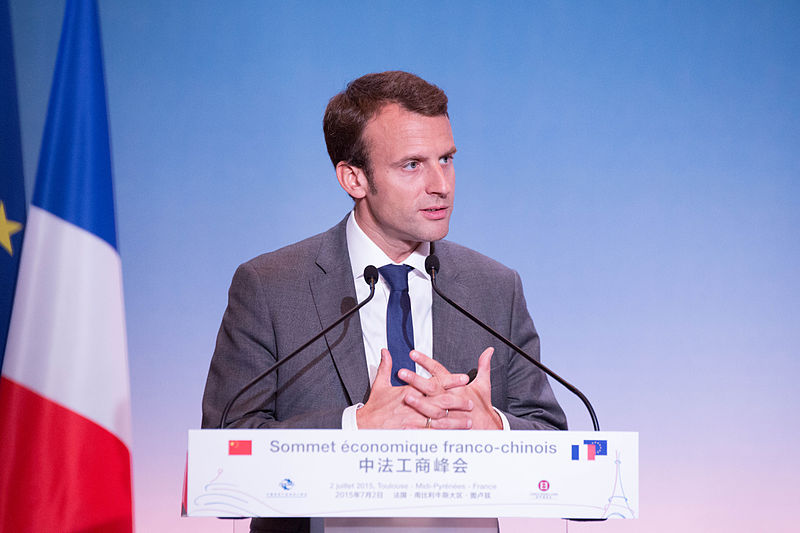
We have a new French president and we have a new set of promises. These promises range from supporting the status quo in the European Union right across to supporting the French Welfare state. What are we to make of Mr. Macron’s extraordinary group of promises, many of them clearly contradictory, from this former socialist minister and Rothschild banker? But the liberal -minded middle class don’t seem to mind.
They appear to be happy with him even though there is a contradiction between economic liberalism and welfare economics. But great promises are there not be kept but rather to tell people what they want to hear. Mr. Macron seems to be all things to all men. Politics is an emotional game, and rationality hardly has a look in. Politicians call these promises aspirations.
Theresa May in the U.K. is no different. She changed her mind over Brexit when she spotted the opportunity to become prime minister. Then she told us clearly there would be no election until she again spotted the opportunity to reinforce her position. She waved away any claim of inconsistencies as if they don’t matter. Indeed, the promises made by the Brexiteers during the Brexit debate make Mr. Macron’s promises look small fry.
David Davis, the leading Brexiteer in May’s cabinet, was on television the other night saying in a loud boastful voice how well the British economy is doing since the Brexit vote. Then I looked down at the London Times which I was reading at the time, and it indicated the opposite: a slowdown in retail figures, inflation on the rise, an increase of those working on minimum wages, and now the whole question of immigration is changing. What are we to believe?
On the face of it, it seems very confusing and I feel nothing is likely to change, or do our politicians view these promises as aspirations that will never see the light of day? Perhaps we should delay our judgment on Mr. Macron. Our politicians seem to get annoyed if these contradictions are pointed out. A pretty rum lot, you may conclude!
But pragmatism has a good name in Western democracies. It means we are open to change, when the facts change. Clearly held positions are often seen as rigid and intransigent, with a certain aroma of intolerance. We must be open to change on practical issues as the situation changes.
But our politicians are forever claiming that they are consistent; that there is a consistency between their promises and what they actually do. Of course, they are very quick to point out their opponents’ inconsistencies. The word inconsistent hurts them and they strive to convince all of us that they are consistent, while claiming to be pragmatic simultaneously. Is there an innate contradiction here? I think Oscar Wilde may have something when he remarked ‘The only consistent people are the dead’; of course Wilde was referring to practical issues. Surely in asking for consistency from politicians, we are asking the impossible.
Returning to Mr. Macron, is Mr. Macron going to lower taxes, increase public spending, and satisfy the wishes of unemployed youth of the suburbs of Paris and other cities while following a liberal economic policy? On the face of it, it seems very confusing and I feel nothing much is likely to change.

